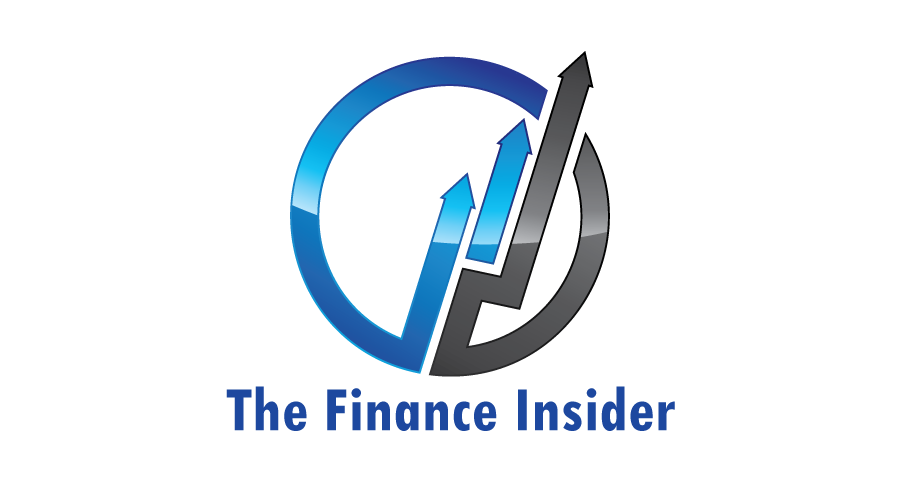For first-time home buyers in Canada, navigating the world of mortgage rates can seem overwhelming. With a wide range of options available, understanding what you can afford and which mortgage is right for you is crucial. Typically, mortgage rates for first-time home buyers tend to vary depending on the lender, your credit score, and the type of mortgage you’re applying for. First-time buyers may also qualify for specific programs, such as the First-Time Home Buyer Incentive (FTHBI) or tax rebates, which can lower their overall costs. It’s essential to compare different mortgage options to find the most competitive rates.
Mortgage rates for first time home buyers are often influenced by broader economic conditions. As the Bank of Canada adjusts interest rates, lenders will follow suit, directly affecting the rates offered to home buyers. Lower interest rates generally mean lower monthly payments, which is beneficial for first-time buyers who might be working within a tight budget. However, if interest rates rise, the monthly payment can increase, impacting affordability.
Factors Affecting Mortgage Rates for First-Time Home Buyers
Several factors play a significant role in determining mortgage rates for first-time home buyers in Canada. Lenders look at the borrower’s credit history, employment stability, and income when deciding the interest rate to offer. Those with a high credit score will likely be offered more competitive rates because they are seen as less risky. On the other hand, if your credit score is on the lower end, you may face higher rates. The down payment is another critical factor. A larger down payment typically reduces the lender’s risk, potentially leading to better rates for the borrower.
It’s important to understand that mortgage rates can either be fixed or variable. Fixed-rate mortgages offer stability, ensuring that the interest rate remains the same throughout the term of the mortgage. On the other hand, variable-rate mortgages can change over time, typically in line with changes in the Bank of Canada’s key interest rate. While a fixed-rate mortgage offers predictability, a variable rate may be more cost-effective if interest rates remain low during your mortgage term.
Vacation Home Mortgage Rates in Canada: What You Need to Know
When it comes to purchasing a vacation home in Canada, the mortgage process is a bit different. Vacation home mortgage rates are generally higher than those for primary residences. This is because vacation homes are considered a higher risk by lenders. Since vacation homes are often not essential residences and may be left vacant for long periods, lenders may charge a premium on the interest rate. Understanding vacation home mortgage rates Canada is vital to ensure you’re prepared for the financial commitment.
In addition to higher mortgage rates, vacation homes may require a larger down payment compared to primary residences. Lenders typically ask for a down payment of 20% or more for a vacation home, especially if it’s located in a popular tourist destination or a high-demand area. Another factor to consider is the location of the vacation property. Properties in remote or less accessible areas might come with higher interest rates due to the difficulty of resale should the borrower default on the loan.
Tips for Securing Better Mortgage Rates
Whether you’re a first-time home buyer or purchasing a vacation home, securing the best mortgage rate requires research and planning. Start by assessing your credit score and working to improve it if necessary. A higher credit score often leads to better rates. You should also shop around and compare rates from multiple lenders, including banks, credit unions, and online lenders. Additionally, consider the type of mortgage that works best for your financial situation, whether it’s fixed or variable.
If you are buying a vacation home, keep in mind that lenders may scrutinize the property’s location and the amount of time you plan to spend there. It can also be helpful to have a larger down payment to reduce the lender’s perceived risk. Some lenders offer vacation home mortgage programs, so make sure to inquire about specialized products.
Conclusion
Mortgage rates for first-time home buyers and vacation homes can vary significantly, depending on several factors such as credit score, down payment, and economic conditions. It’s essential to understand these factors to make informed decisions about your mortgage. By comparing rates, improving your credit score, and considering different mortgage types, you can secure a rate that suits your financial goals. If you’re looking for more advice on mortgage rates or need assistance with your home financing journey, visit greatcanadianmortgage.co for expert insights and solutions tailored to your needs.



